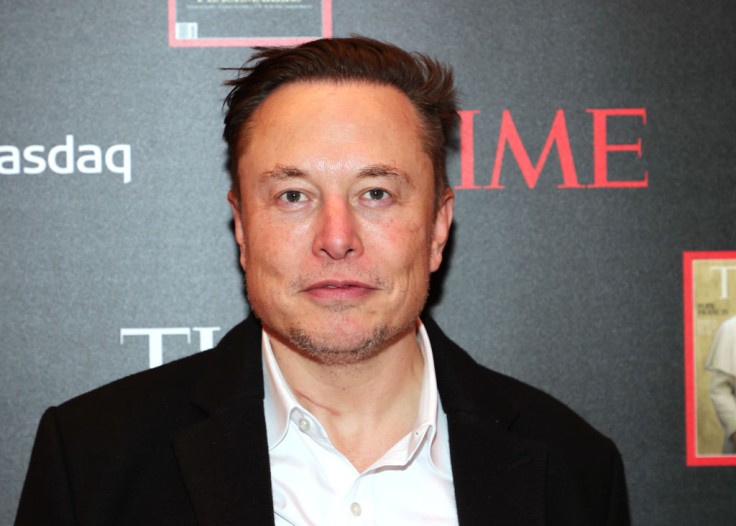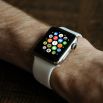
A fake Elon Musk Facebook Page got verified by Facebook ... again.
This is the second time in the month of December that a fake Elon Musk page got Facebook verification and the blue checkmark. Fortunately, the said page with 70,000 followers has already been removed.
Elon Musk Facebook Verification
One of the recent posts on the newly uncovered fan page appeared to have been written by cryptocurrency scammers, as it asked visitors to connect with the owner via direct messages for an unknown digital currency. The public knows Musk has always been very active in his Twitter account about cryptocurrency.
Last month, as reported by Gadgets 360, cybersecurity researcher Ehraz Ahmed found Musk's falsely authenticated Facebook page. He originally discovered Musk's previous Facebook page, which had been taken down in November.
The cybersecurity researcher stated that he was certain that this wasn't the end and more cybercriminals will think of another scheme to scam people. However, he added that he didn't anticipate the new Musk page to appear so quickly again.
Verification by Facebook
A Facebook verification checkmark lends legitimacy to official pages and distinguishes them from those managed by followers or imposters.
Furthermore, Facebook gives verified accounts and Pages a higher ranking in its search results. As a result of Facebook verification, the users' page will appear prominently at the top of relevant searches, potentially increasing their reach.
Fake Elon Musk Page
The page in question was established in May 2015. It did not, however, go through any name change, unlike the previous verified page that appeared and was removed last month, which had at least six name alterations in 2021 and was originally intended to represent a "Kizito Gavin," the inverted name of Uganda football player Gavin Kizito.
Even though the Facebook page's name was correct and spelled correctly, the URL was misspelled and the fake page link appeared as https://www.facebook.com/ellonnmusk.
This, in and of itself, suggested that something wasn't quite right. Furthermore, the verified page revealed that it was run by individuals from Germany and Spain. For those not in the know, Elon Musk is based in Texas rather than Europe.
Who Is Eligible For Facebook Verification?
Theoretically, anyone can get verified on Facebook; however, they must first complete stringent verification requirements. In addition to adhering to the company's terms of service, the Facebook account should be the following, as reported by Sprout Social:
First, authentic. Facebook prefers authenticity in accounts and should be based on a real person, company or entity.
Second, the account should be complete, it should be active and have all relevant information, such as an "About" section and a profile photo. It should also include at least one post.
Third, for Facebook Verification, the account should be notable. The person, entity, or company it represents should be well-known and receive a lot of traffic. If a user's account appears in several news outlets and publications, Facebook is more likely to approve their request for verification.
Lastly, Facebook looks at uniqueness. Accounts should be the one-of-a-kind presence of the person, entity, or company it represents. With the exception of language-specific accounts,
It is important to note that Facebook only verifies one account per business or person. It's also worth noting that it doesn't check accounts for common interests. It will not, for example, authenticate a Page devoted to healthy food, but it will verify a page representing a recognized publication specialized in healthy food.









